Death was a topic I was asked to cover in relation to mental toughness. Didn’t I say earlier that the questions really ran the full extent of possible topics?
Let me start by saying that I am not an expert on death. I have my own experiences for what they’re worth. What follows is simply my opinion on the topic and not the end-all, be-all of it.
Is mental toughness important for death?
Yes…sort of.
Though we call it mental toughness, it is largely about emotional toughness too. Yet when we use the word toughness, this has synonyms of stiffness, hardness and roughness that would imply the suppression and repression. And these are things we don’t want.
My mother passed away of cancer eleven years back.
At the time I did suppress my feelings. I cried all of two times after it happened.
For the most part, I dealt with things as best I could and moved on with my life.
Was I tough? I do suppose you could say so.
Did I suppress things? Absolutely.
Years later, using tools like NLP and EFT I worked on these traumatic events several times over. I shed more tears later on than surrounding her death.
Having done that, for many years now, I’ve looked at her passing as the last gift she gave me.
I would say this is an antifragile outlook. Yet I also know that when I say it, it offends some people! As if they’re thinking, “How dare you appreciate death.”
Perhaps this is because there is another possible belief. Some people say you never get over grief.
Personally, I don’t put much stock in that idea. It doesn’t seem helpful to me.
That does not mean there shouldn’t be a grieving period, nor that I support suppressing feelings. Far from it.
And some deaths are certainly harder than others. For my mother I knew it was coming. I had time to be mentally and emotionally prepared.
I know of someone that was just murdered in the prime of her life about a week ago. That’s a whole other kind of shock, and not quite the same.
Regardless, the fact is that feelings are meant to flow. In other words, to not to get stuck.
And on that same token, people do get stuck in their grief.
It can even come to identify them.
So, in one sense toughness is “bad” in that it can be indicative of suppression, which will come out in some form down the line. This includes the manifestation of physical disease.
In another sense, toughness is “good” in that it can be indicative of life moving on, as it must, and being able to successfully navigate that.
Again, as we’ve talked about, a light side and a dark side.
While fortunately, no loss of life occurred, as my home burned down this summer, this is certainly a tragedy.
I never did cry here. But it wasn’t suppression. I had to check myself multiple times for that because I wasn’t sure for a while.
It honestly was just an ability to move on immediately, even looking at the positives of such (of which there are many.)
Perhaps you want to call this toughness. Many have looked at me from the outside and said so much.
Certainly, it is antifragility, in that I’ve bounced back stronger from it.
Those are my thoughts and feelings for what they’re worth. I hope you’ve enjoyed this rant and found it helpful.
If you want more of how I go about thinking and feeling on the wide range of topics which mental toughness and antifragility apply to and how to best put them to use, you can join the Pre-Sale here.

